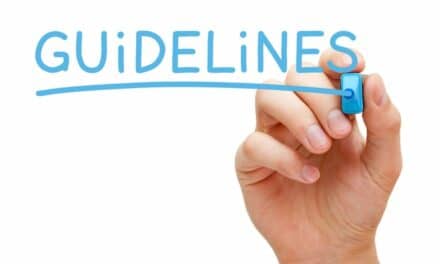At the opening session of AAMI 2014 in Philadelphia today, Richard Boothman of the University of Michigan Health System described how the fragmentation endemic in most healthcare systems is posing enormous risks to patient safety. Boothman, the system’s executive director for clinical safety and chief risk officer, began his presentation with his autobiography.
In his previous career as a trial lawyer defending healthcare providers, he said, his role was to “deny and defend.” In fighting against malpractice lawsuits, he prevailed in cases that he “should not have won.” He realized later, he told his audience, that he was not doing his healthcare clients a favor by defending errors that should not have been defended.
In 2001, he changed his approach, and took on a new role at the University of Michigan to manage risk by addressing it directly and openly. Even today, he said, “Medicine is still not telling the truth to the patient, or to itself. ”
In his new role, he developed three key principles of what he calls the “Michigan Model” for dealing with medical errors:
- We will compensate quickly and fairly when inappropriate medical care causes injury.
- We will support of staff vigorously when the healthcare involved was reasonable.
- We will reduce patient injury and claims by learning from our patients’ experiences.
Boothman said that his approach initially provoked fierce criticism from the medical establishment. One “Harvard scholar,” he said, predicted that his policies would lead to “the bankruptcy of the University of Michigan Health System due to a cascade of claims.”
In fact, Boothman said, “We defied all the doomsayers.” In the wake of the new policy, claims are down, and defense costs are down. “Openness has opened the door to more robust safety, quality efforts, meaningful integrated peer review, and organizational change through increased accountability.”
The lesson for biomeds, Boothman said, was the need to think more about the safety implications of what they do. “It’s not acceptable anymore for us to work in a vacuum … and not think about the downstream implications.”
Two things biomeds must do, he asserted, are to understand how the devices they manage are used, and “to find ways to feel part of the care team.” He urged his audience to “get out of the bowels of the hospital and visit the floors” and to become more involved with risk management and patient safety.
The fragmentation of the medical system, he said, “is deeply injurious to the quality of the care.” The solution for medical staff, he added, is to make their concerns about safety heard, whatever the personal consequences: “Have the courage to speak up. You may be yelled at, but ultimately you will feel better about yourself.”
John Bethune is editorial director of 24×7. He can be reached at [email protected].





